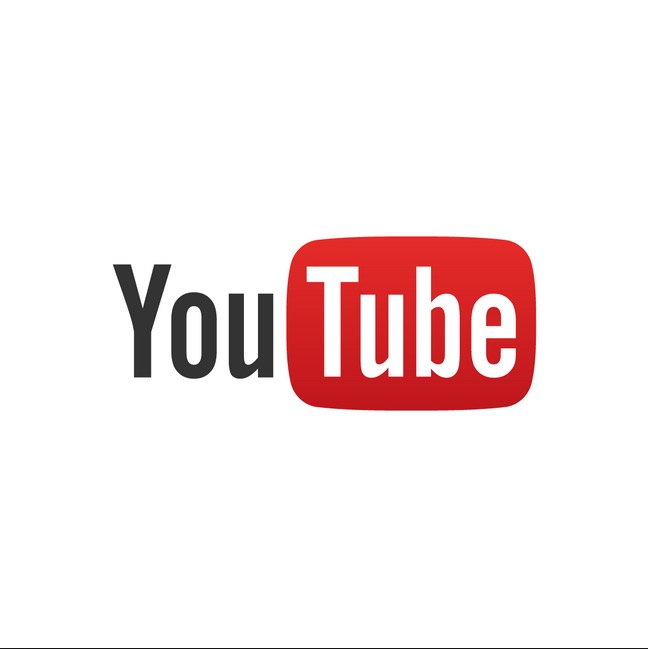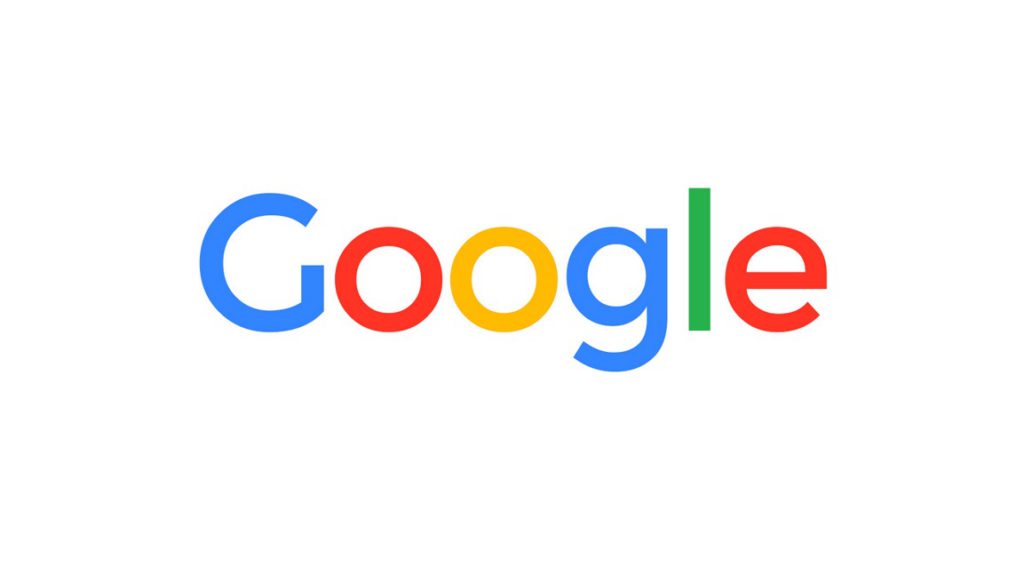The following blog is written by Michael Lambot (pictured) – the co-founder and co-president of [PIAS], and one of the original creators of IMPALA.
Once upon a time there was a wise King who liked musicians.
In his Kingdom, the musicians and their financial backers enjoyed protection for the pleasant melodies they created.
One day, though, the King feared such protection could endanger the emergence of a great new innovation: the internet.
In his wisdom, the King froze some aspects of the protection of the musicians so the internet could flourish.
He called this decision ‘The Digital Millennium Copyright Act (DMCA)’.
The King of another big region was very impressed; he decided to do the same, calling his bill ‘The Safe Harbour’.
What these two wise Kings had not envisaged was what would happen after the birth of a little internet company.
One that grew day after day after day, until it became known as the Mammoth.
Eventually, the Mammoth became so huge that it was impossible for the Kings to counter it.
As it grew to insurmountable proportions, the musicians and their partners – once so valued by the Kings – faced more and more problems.
Their revenues were falling badly. Their sources of income were being hurt. They began to rebel.
The battle between the musicians and the Mammoth was very violent – so violent that the Mammoth decided to put a new strategy in place:
- It sponsored many activities of the musicians to look like a friend to the outside world;
- It created its own copyright laws in cyberspace and act accordingly.
This story is still going on, and some other groups on the internet have joined the rebels to help them fight the Mammoth.
No-one knows yet who will be the winner.
 What is certain in this story is that the two Kings are now facing a simple problem: the internet is much bigger that they expected it to be when they passed their bills.
What is certain in this story is that the two Kings are now facing a simple problem: the internet is much bigger that they expected it to be when they passed their bills.
It is not endangered anymore. The structure supporting the musicians, though, really is in trouble.
To stop this happening, the Kings must amend their laws.
This is no fairy tale: it is the reality of what we are facing every day in our fight with Google and YouTube.
How long will our main sources of streaming revenue (Spotify and Apple Music) survive if their subscription services are in competition with a free service?
How long will it be before you will be able to listen to YouTube on all your devices in the background of other applications?
 What’s really scary is that Google is spending a fortune to gain control of copyright via the back door – and trying to create jurisprudence that works in its favour.
What’s really scary is that Google is spending a fortune to gain control of copyright via the back door – and trying to create jurisprudence that works in its favour.
For instance:
- YouTube is proposing to help pay the legal fees of some vloggers having problems with the DMCA;
- Google has also taken an ownership in Kobalt. Kobalt is a loss-leading company ‘buying’ share into the publishing market. Could we soon see Kobalt’s board of directors talking about a new copyrights contract with Google… with some Google representatives in it?;
- Google is also helping governments organize their collection societies and distribution of copyrights;
- And now we hear that Google tried to buy a 50% stake in Sony/ATV, the world’s biggest music publisher.
In addition, Google recently sponsored the following events:
– The Politico conference, Copyrights & Wrongs, on April 19th in Brussels. Politico is a magazine specializing in news about what is going on in Washington and in Brussels – it is very influential.
– The World Copyright Summit: a biyearly summit on copyright
– Midem: the music business’s own meeting place!
Meanwhile, Google continues to spend more and more money on lobbying.
Apparently, thinking that spending all this money is an attempt to wear down the value of copyright is pure paranoia.
YouTube’s own Christophe Müller and Robert Kyncl have both recently made grandstanding claims of how much money will pour into the music business if YouTube is just allowed to keep growing off the back of the industry’s assets.
In 2008, Warner Music Group decided to remove its catalogue from YouTube – but couldn’t.
The major estimates that in the year that followed, it spent $2m on “largely unsuccessful” attempts to block/remove its copyright content on YouTube.
This experience led it to conclude: “It is impossible for a copyright owner to withdraw its works from a major service relying on the safe harbors.”
As a result, according to recent US copyright filings, Warner signed a licensing deal with YouTube in September 2009 – an agreement it now freely admits was scarcely better than the offer it rejected in 2008 for “failing to appropriately and fairly compensate recording artists”.
On YouTube, you can send 100 take down requests for copyright-infringing content, but by the time you’ve completed that set, another 1,000 new uploads can have appeared.
That is where Warner’s $2m went. It is a losing battle.
Surely the most powerful search engine in the world – the group that has put photos of your house on the net and given you access to satellite views of every inch of of Planet Earth – has the technology to recognize abuse of copyright.
When those working for musicians issue take-down notices, Google must make sure that the offending material stays down.
If it refuses, it is surely time for the King to show the Mammoth who really rules the kingdom.